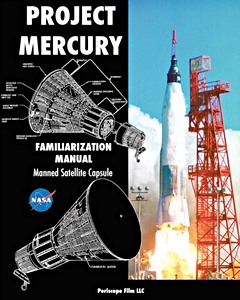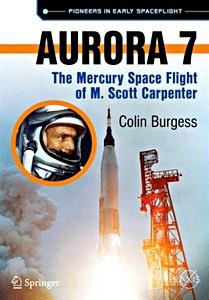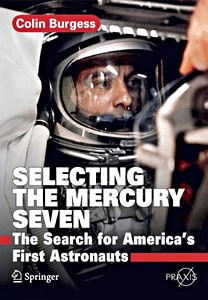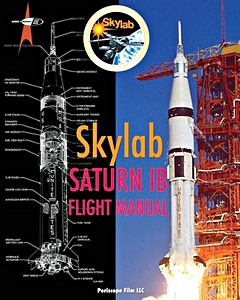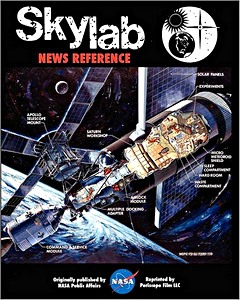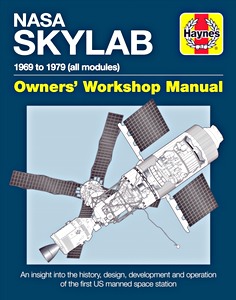NASA Mercury Manual (1956-1963): An insight into the design and engineering (Haynes Space Manual)
The NASA Mercury programme bridged the gap between the hypersonic X-15 and the two-man Gemini spacecraft, which in turn led to the Apollo spacecraft. The Mercury programme began in 1958, with the goal of putting a man into Earth orbit and returning him safely, ideally before the Soviet Union.
Seven astronauts were selected to train for spaceflights on the Mercury programme, and they became known as the Mercury Seven. A number of unmanned flights were made prior to the first manned flight, a sub-orbital flight in May 1961, that put US astronaut Alan Shephard in space, before John Glen became the first American to reach Earth orbit in February 1962.
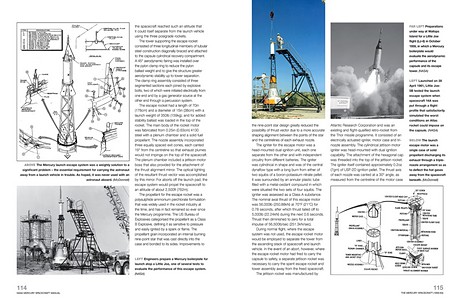
The NASA Mercury Owners' Workshop Manual provides in-depth engineering insight, and tells the story of the hardware, the missions and the men behind Project Mercury.
Dr. David Baker worked with NASA on the Gemini, Apollo and Shuttle programmes between 1965 and 1990. He has written more than 80 books on spaceflight technology.
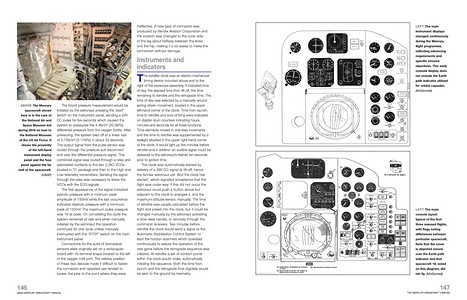
Szczegóły
| Autor: | David Baker |
|---|---|
| Wydanie: | 208 strony, 27.5 x 22 x 1.5 cm, twarda oprawa |
| Ilustracje: | bogato ilustrowane, zdjęcia czarno-białe i kolorowe |
| Wydawca: | Haynes Publishing (GB, 2017) |
| Seria: | Haynes Space Manual |
| ISBN: | 9781785210648 |
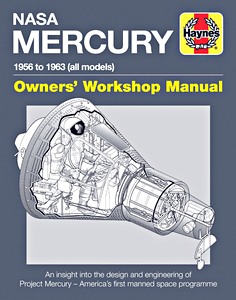
NASA Mercury Manual (1956-1963): An insight into the design and engineering
Język: angielski
Dostępne na Amazonie - bezpieczna płatność i szybka dostawa
Zamów na Amazon PLZamów na Amazon DE

